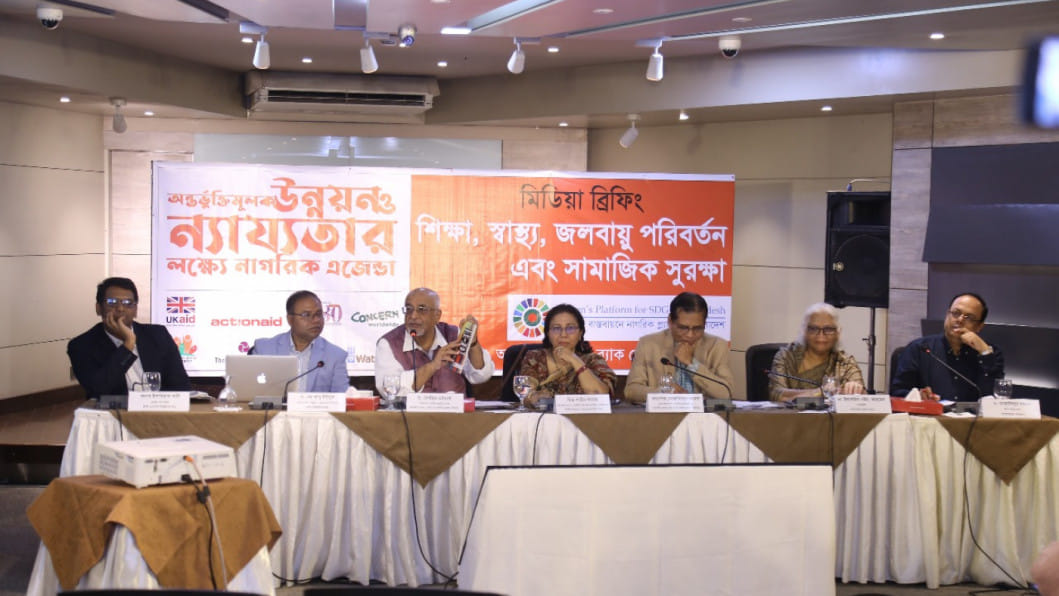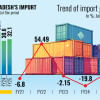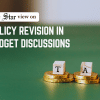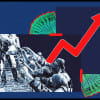One country, two societies a result of income inequality

Income inequality has widened to such an extent in Bangladesh that now it has become one country with two societies – one a low-income group and the other a high-income one, said a noted economist yesterday.
Prior to the achievement of independence, it was one country with two economies, said Debapriya Bhattacharya, convenor of the Citizen's Platform for SDGs, Bangladesh.
Since voices of the distressed could not be reached to the highest level of society, one part of society is lagging behind while the other is a lot advanced, he said.
If equality in development is not ensured, it cannot be called equitable development, he said in reply to journalists' queries at a media briefing at Brac Centre Inn in Dhaka.
The platform organised the event to share its findings on 11 agendas on inclusive development and fairness.
In order to ensure real development and build a humanistic society imbued with the Liberation War's spirit, the share of people lagging behind in society should be ensured, he said.
"So, we are saying that return of fairness in equal development is the next challenge," said Bhattacharya, also a distinguished fellow of the Centre for Policy Dialogue (CPD).
And if there is no democratic accountability, such change will not take place and the vacuum will persist, he said.
Because only democratic accountability can give a space for strengthening the voices of those people and citizens who are lagging behind, he said.
The election is the main playground for expressing the democratic rights of the citizens, added Bhattacharya.
So, the voices of those people should be reflected in the national election. Voting in the election is the only way for establishing the voices of those people, he said.
Commitments should be made public before the election on not only development but its characteristics and how much each person will gain from those, he said.
The share of development for those lagging behind must be ensured and a bigger portion must be provided, otherwise it will not ensure equality, said Bhattacharya.
Chairing the briefing, Shaheen Anam, a core group member of the platform, said five years ago the platform started monitoring the progresses in implementing the Sustainable Development Goals (SDGs).
All United Nations member states, including Bangladesh, adopted 17 SDGs in 2015, a shared blueprint for peace and prosperity for people and the planet, now and into the future.
During the past five years, the platform wanted to know how marginalised people of the country were doing, their stories of deprivation, their challenges of life and livelihood, she said.
Most importantly, the platform wanted to know what they wanted, what kind of society they wanted and what were their positions in society, Shaheen Anam said.
Everyone knows about the development undergoing in the country, especially economic development, and it is globally recognised. However, the question remains over whether it was possible to form a humanistic society, she asked.
The humanistic society will be one whose foundation will be of justice, where everybody's rights will be well protected, she said.
It is believed that many people are deprived of justice, of basic necessities and fundamental rights and the platform tried to highlight their voices, said Shaheen Anam.
The platform has 11 agendas which will be shared with journalists gradually, she said.
Of them, four -- education, health, climate change and social safety -- were shared with journalists at the briefing yesterday, moderated by Mustifizur Rahman, a distinguished fellow of the CPD.
The remaining seven will be shared through two more media briefings on October 18 and October 31 in Dhaka, said Shaheen Anam, also executive director of Manusher Jonno Foundation.
In case of health expenditure, 67 percent is borne by people of Bangladesh from their own pockets, while the rest by the state whereas the global average is 32 percent, said Yasmin H Ahmed, advisor to Bangladesh Health Watch.
This is the highest among South Asian countries, with most of the expenditure going behind medicine, she said.
Sixty four percent is spent for medicine, 14 percent for hospital services and 8 percent for diagnostic, said Ahmed while presenting a paper on "Reducing out-of-pocket expenditure to improve universal access to quality health care".
In 2016, nine million people, which is 4.5 percent of the total population, went below the poverty line for meeting health expenditures, she said.

 For all latest news, follow The Daily Star's Google News channel.
For all latest news, follow The Daily Star's Google News channel. 








Comments